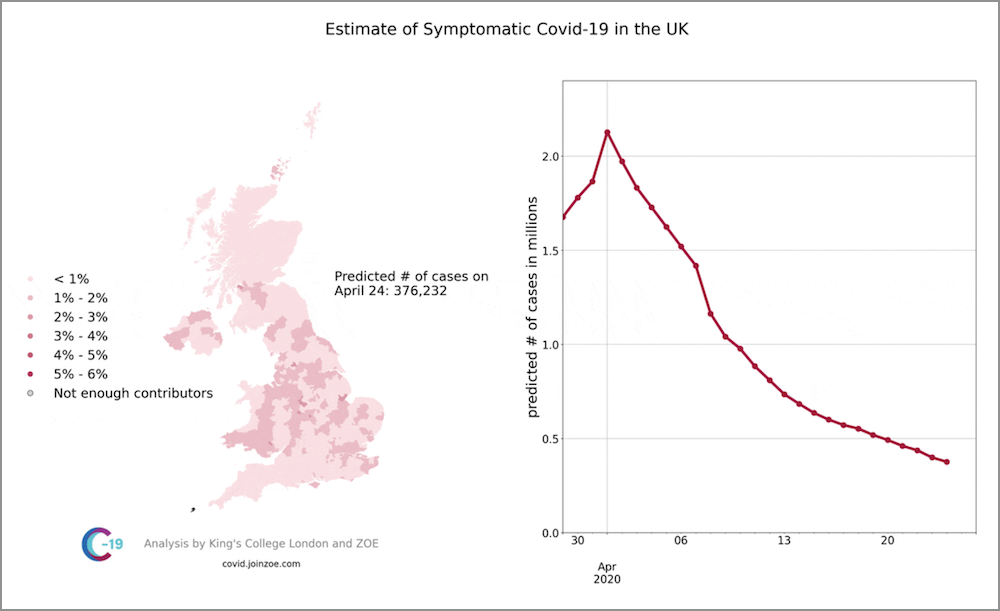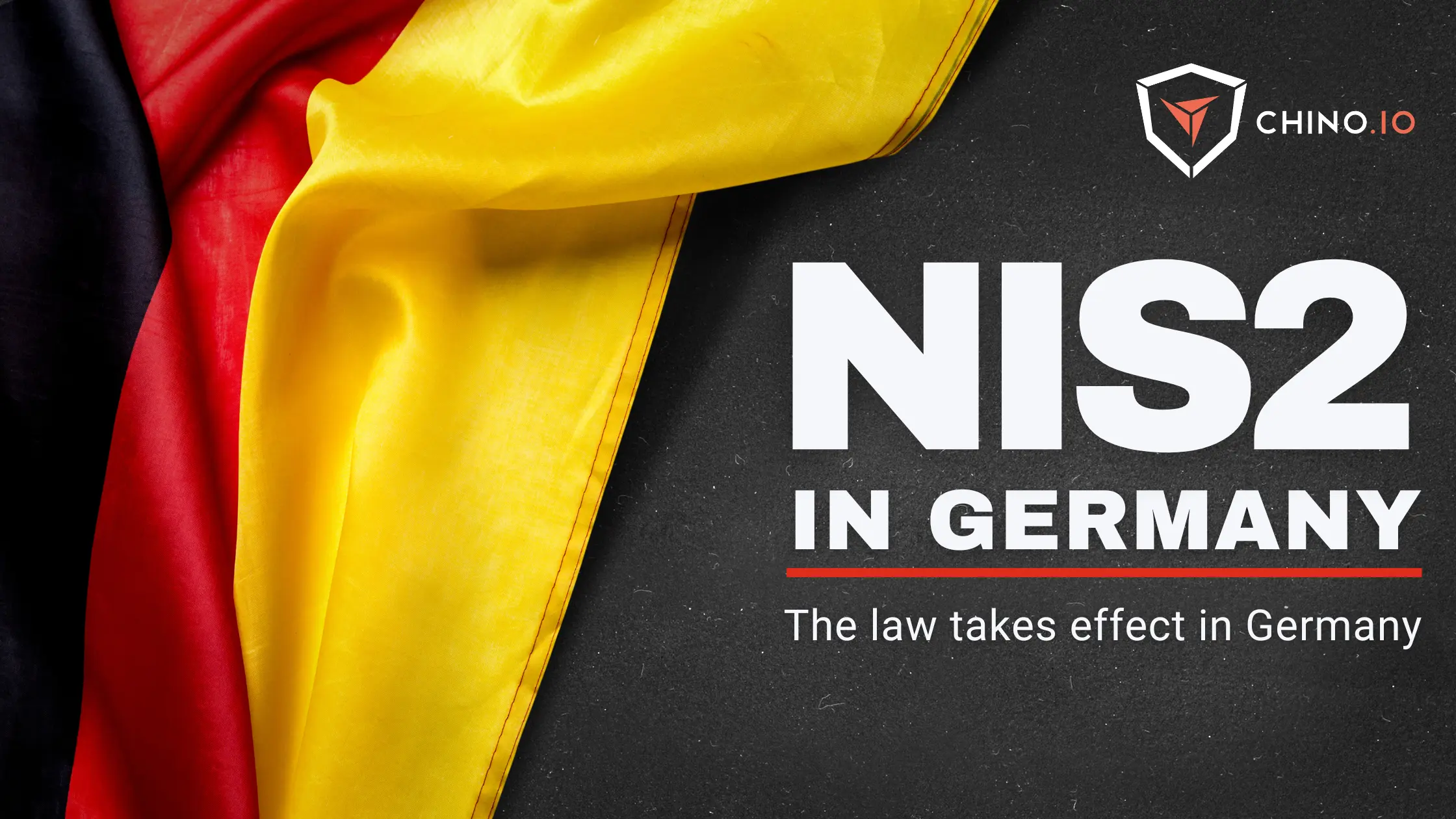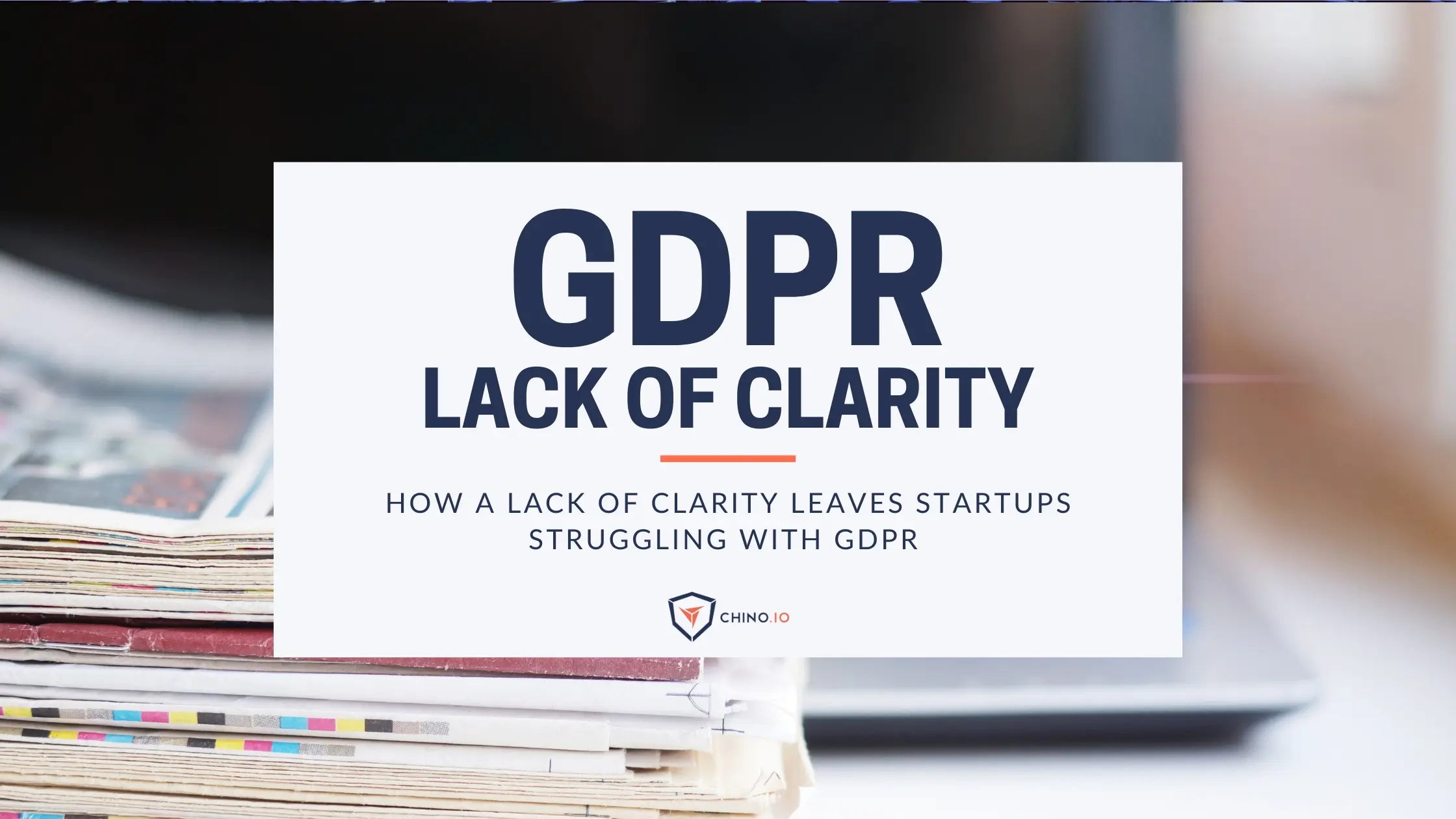The COVID-19 pandemic is having a devastating impact globally. We see hospitals and healthcare systems across the world stretched to breaking point. At the same time, people are avoiding hospitals or family doctors because they are afraid of catching the virus. As a result, there has been a huge uptake in digital health applications and a marked change in public attitudes.
How digital health is helping
Digital health companies have rushed to help in the COVID-19 fight. Three types of application have seen demand shoot up: telemedicine, symptom tracking and contact tracing.
Telemedicine and remote consultation
Telemedicine apps are far from new. But they have never been more relevant than now. None of us wants to risk catching the virus and so we naturally avoid going to the doctor’s surgery. As a result, we are increasingly turning to remote consultation apps to help. Many new apps have been released in the past few weeks. Many existing apps have expanded their capabilities by adding video consultations. And we see many existing app developers suddenly going from niche players to mainstream providers.
Learn which regulations and standards are important for digital health apps.
Symptom tracking
Symptom tracking is also a well-established concept. For several years, we have seen apps that provide symptom diaries or similar services. But now a new breed of app is emerging. One such is the Zoe COVID-19 tracker, which has already been downloaded over 2.7m times in just a few weeks. Apps like this are designed for epidemiology. In other words, their main goal is to get an estimate for how many people in the population really have COVID-19. We know that diagnostic tests are only being given to a small proportion of the population. Typically, those that are ill enough to be hospitalised or those in key jobs. As a result, symptom trackers play an important role in gauging the true extent of the pandemic.

Contact tracing
Contact tracing apps are a relatively new idea to most people. However, the University of Cambridge was working on this over a decade back. Contact tracing is a key requirement for bringing the pandemic under control before we have a working vaccine. The idea is to identify every person with the virus, and then trace every person they have met. If you isolate all these people, you prevent the virus from spreading. Contact tracing is so important it has (uniquely) led to Apple and Google joining forces on a shared project.

How public attitudes are changing
One of the noticeable things has been how public attitudes have changed towards digital health. Recent reports in the UK suggest that only 7% of patients are seeing their family doctor face-to-face. While many people are speaking to their GP by phone, a good share will be using apps such as AccuRx. This is a huge switch from a year ago when just 0.6% of consultations happened over video or telemedicine apps. The same story is happening in other countries. In Germany, a recent survey for Apotheken Umschau showed almost 60% of respondents under 60 would try a health app if it was free. A recent Research2Guidance survey also found 53% of health companies expect the crisis to have a positive effect on patient acceptance.
The privacy debate
Alongside this growth in the uptake of digital health, we see a change in public attitudes towards data security. In particular, we have seen a huge debate around privacy relating to contact tracing. Ultimately, the important thing is that app developers do their best to protect users’ data. And that is where we can help with our compliant-by-design health data storage and expert assistance.
Streamline Your Compliance With Chino.io Today
Discover our
Templates
Read our Latest Industry Insights
Discover insights from our expert writers.


.png)


